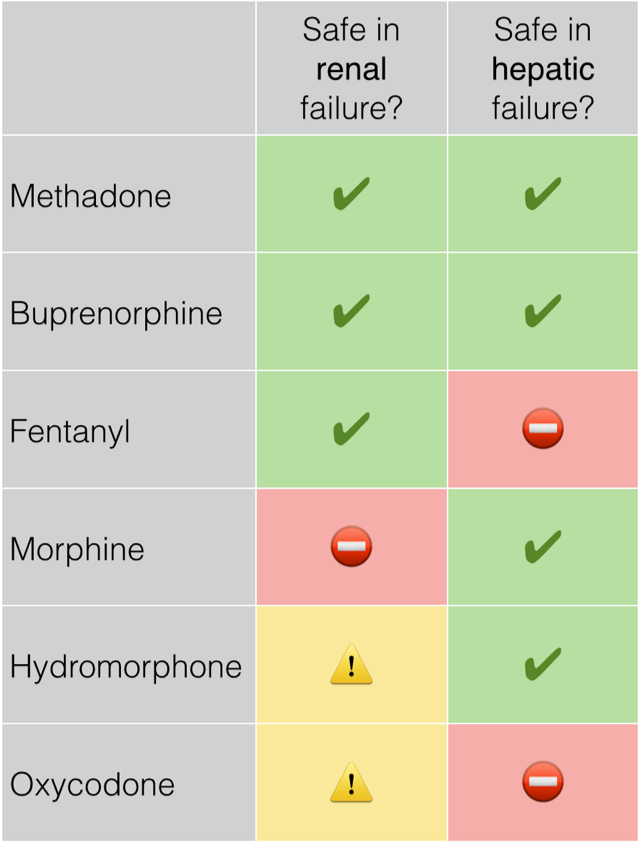The new intern class starts in less than a month. It’s easy enough to find advice on how to be well-organized, efficient, and likable. Here are some more tech-oriented tips I wish I knew back when I started.
Take photos and videos, with permission
Get an iPhone. Turn off Photo stream, or download a camera app that doesn’t automatically upload to it, like VSCOcam. When a physical exam finding is rare, stumps you, or is just cool to see, ask the patient about recording it. If you see an interesting or rare radiography image, save it. But please remove all personally identifiable information.
Useful for: appearing smart on rounds, observing disease course, creating informative slides, posters, and written case reports.
Keep track of things you are interested in
Your EMR will have a way to create custom patient lists. Use it. If you are into hematologic malignancies, eosinophilic esophagitis, MODY—or anything, really—keep track of all your patients who have it. If you don’t yet know what it is, keep a list of all the patients you found interesting and try to find a pattern.
Useful for: getting ideas for research and quality improvement projects, figuring out your career path.
Do not copy forward, copy/paste, or use templates and macros
I started my internship in 2010 so I can’t believe I’ll write this, but—back in the day before EMRs, we wrote our progress notes and H&Ps by hand. This meant reviewing the med list, vital signs, and labs each morning and writing down only the important stuff; completing and recording just those parts of the physical exam that had to be done; and writing a new assessment and plan each day. Well duh, isn’t that what interns should do?—you might naively ask, until your second or third day on the job when a helpful senior resident shows you how to shave minutes—minutes!—off your note-writing time by using some variant of copying forward, templates, or macros.
These tricks are a mental crutch, and a known cause of documentation errors. They might help your handicapped intern self the first few months on the job, but will then prevent you from thinking about what you are doing and writing. A thoughtful daily review of everyone’s medications and labs will turn into a quick glance over a two-page long list of 10-point single-spaced Courier New. Also, your typing speed will never improve if you only document by clicking.
Useful for: being a good, thoughtful doctor.
